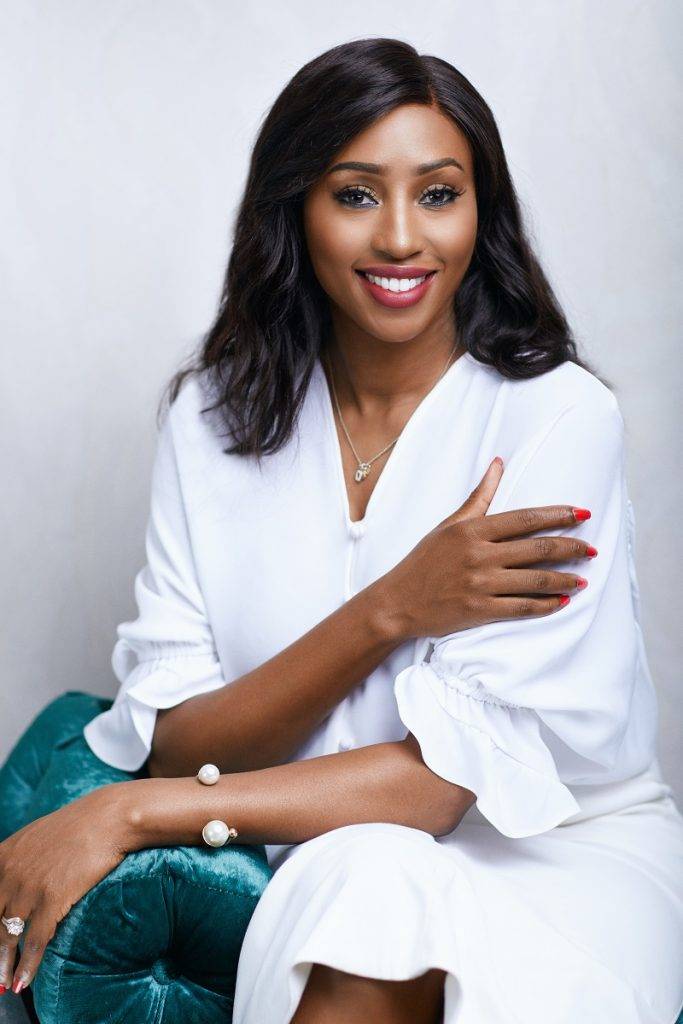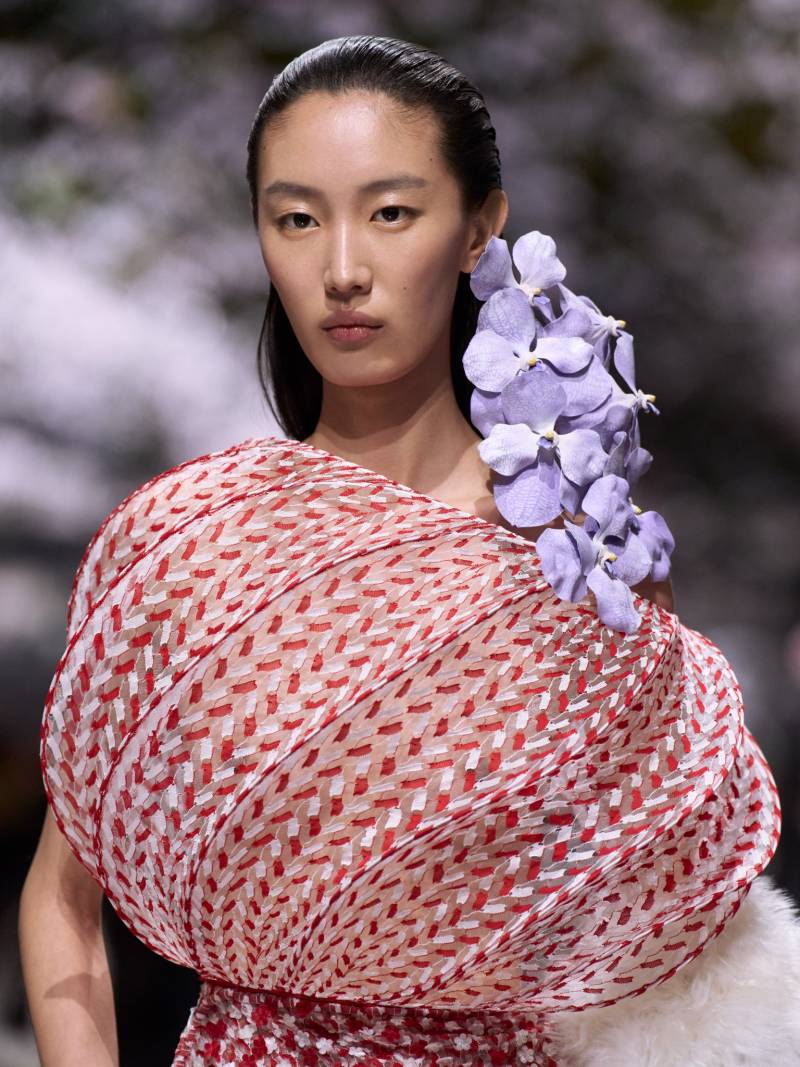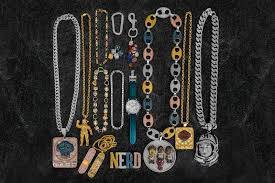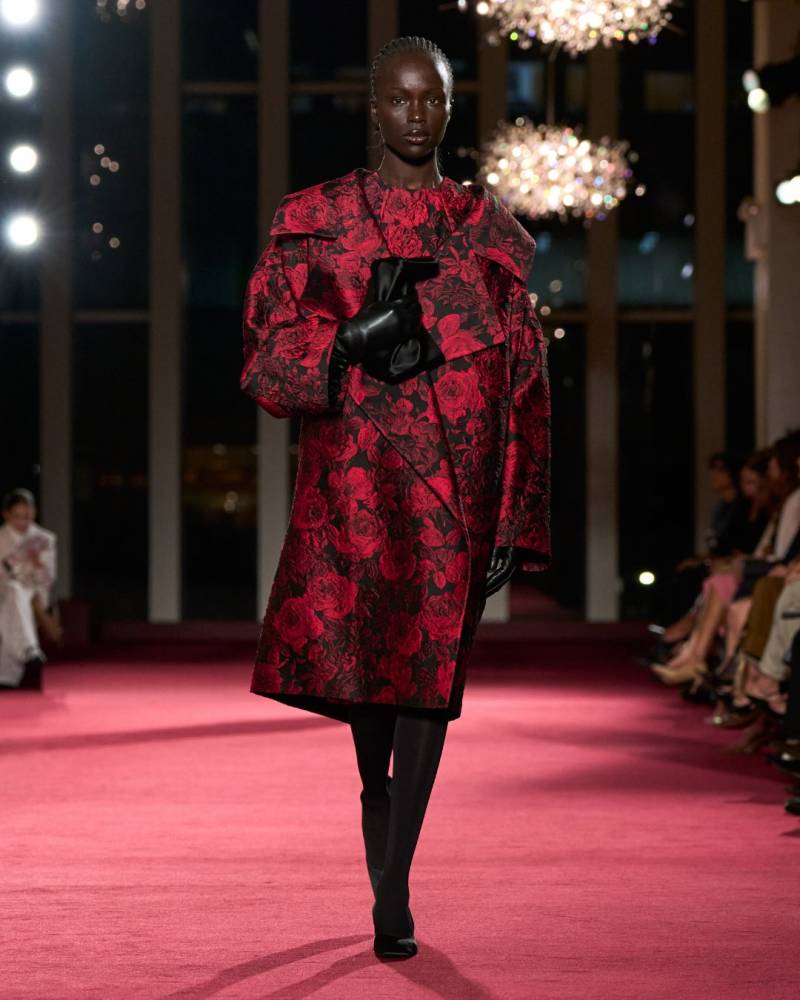Celebrity stylist Veronica Ebie opened up about her experience bridging a gap in the Nigerian fashion business by styling and developing personal aesthetics for the top celebrities in the nation, saying, "I didn't know anyone or how to start to style (Nigerian) women." Veronica arrived with answers at a time when there was a glaring gap—and one might even say disconnect—between regional designers and the final customers. She described her travels and struggles.
The Nigerian-born stylist revealed why she made the decision to change her life's course and return to her country of birth after starting her nearly three-decade-long career in the fashion industry in Houston, Texas, the United States, where she also had a 10-year modeling career. "I hadn't been to Nigeria since I left when I was 14," she remarked. My dad passed suddenly in 2008, just as I was planning to move to the US after getting married (at the age of 30). When I returned for the funeral, I observed that there appeared to be a lot of opportunities. My cousin introduced me to a few people, including aunty Ruth Osime (the former editor of Thisday Style), Nduka Obaigbena (the chairman of ThisDay), and Esosa Anenih, with whom I had conversations.
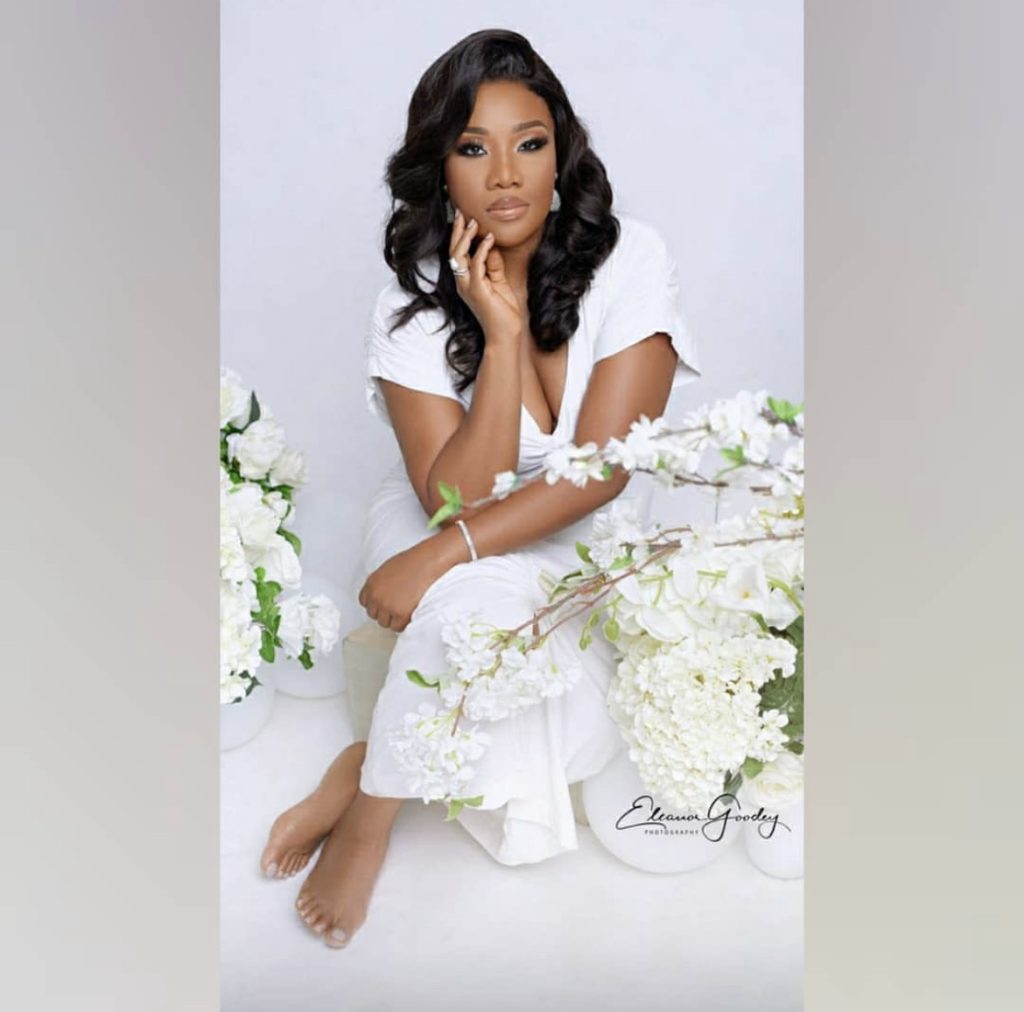
At the time, the publisher had recently launched Arise fashion magazine, and it seemed to be a good fit. I therefore discussed with my husband Femi at the time, and we decided to return to Nigeria and start over there. It felt right to have a three-month-old kid recently. Femi lived in the UK and I lived in the US; when I saw the chances, it seemed like a nice fit, but it was because my father passed away. I was totally reared in the US, therefore my entire thought process and concept of how I absorb life was mainly focused on my upbringing there. There were no plans for me to ever move to Nigeria.
READ ALSO: Nigeria: Josplay launches African Music Library
Veronica was raised in a very fashion-focused environment. She started modeling when she was just 17 years old and began her profession in styling and retail sales in Houston when she was 23. She discussed the change from being the model and the muse to being the muse and styling other people. "It all comes down to the clothing that are put on you. How do you embody a work and bring it to life? My ability to see how I can help a lady comprehend her true essence has improved since making the switch to doing it for others. It's a trait of who you are to appear beautiful and style yourself to seem absolutely amazing. So while you are portraying a character for a brand when you are a model, when you are a stylist working with women, owning the VSFL agency, and running a business, you are assisting others in adding a character to a part of their lives by assisting them in wearing their clothes and establishing this ambience of life through clothing that they wear.
But the facts were not what Veronica had anticipated. Her relocation story didn't involve constant back-and-forth travel, in contrast to others with a similar tale. She admits to having a challenging beginning as a newcomer to the Nigerian fashion world. "It was quite challenging to start up my business. I registered my business and began working with This Day Style as soon as I returned. It was a resource for me at the time that was quite beneficial. Ruth Osime was a fantastic mentor who offered me all the advice and knowledge I needed to comprehend Nigerian society, ladies, and how they dressed. The way we dressed in the US was entirely different. As a professional stylist in a place where being a stylist as a paying employment wasn't common, Veronica's first task was to learn about Nigerian society. Undoubtedly, the first place to start was with the cultural distinctions between Nigeria and the United States, where she had acquired her fashion knowledge. How does a woman from Nigeria dress? Speaking of the changes, she remarked, "In the US, T-shirts and jeans were very common. You weren't necessarily defined by your clothing in that manner. In contrast, in Nigeria, your wardrobe is a direct reflection of your personality. As a result, it was challenging at first. I had no idea who to contact or where to begin styling Nigerian women.
I, on the other hand, deal with strategy and I, however, am someone who deals in strategy and always tries to fully consider things before beginning something. So I finished my NYSC with This Day Style, and I realized that the best way to demonstrate what I do is to really do it. I then started asking for approval before styling the magazine's cover models. And I reasoned that in doing so, people could see my work, what I accomplished, and how serious I took my work, and I could interpret the Nigerian woman's fashion with a new perspective on how I wanted to see her attired. As a result, I began collaborating with several well-known people to design the cover, including Genevieve Nnaji, Tiwa Savage, Dolapo Oni, Misi Molu, and Adaora Oleh.
Nigerian fashion has advanced significantly. It is impossible to overstate the importance of Veronica's influence in defining the aesthetics that served as the guide for the development of this once-disregarded business and the vast exportation of African fashion.
